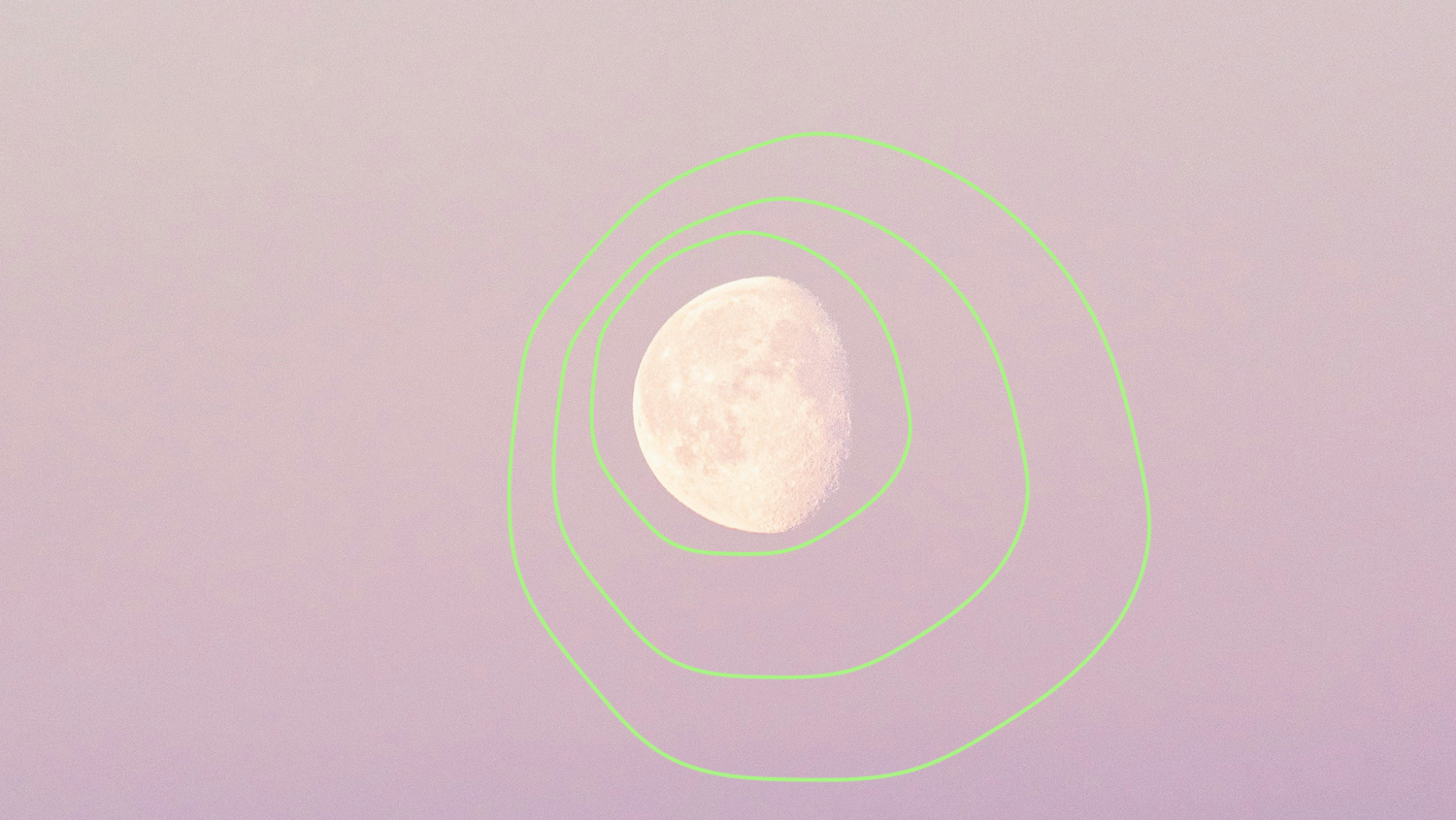Life is chaotic and self-care often gets neglected. However, the science is clear, it has a profound impact on our physical and mental wellbeing. Here we take a look at the science of self-care; busting myths and emphasising the importance of taking time out to look after our physical, mental and emotional wellbeing.
Understanding the science of stress
Stress, the sneaky underminer of overall health, affects not only our mental state but also our physiological responses. When stress becomes chronic, it can lead to a cascade of detrimental effects on the body. From a compromised immune system, to fertility problems and affecting your digestive and cardiovascular health. Self-care techniques provide fantastic ways to counteract this by managing and mitigating stress.
Mental and emotional wellness
Neurobiology shows engaging in self-care activities has a direct impact on our neural pathways and the release of neurotransmitters (chemical signals) in the brain. Serotonin, the mood regulator, and dopamine, the pleasure hormone, are among the brain chemicals positively influenced by self-care. So wellbeing activities actually encourage our brain to release chemicals that make us feel good.
Mindfulness, a common nurturing activity, has been shown to alter the structure of the brain, promoting resilience to stress. Emotional wellbeing, too, is bolstered by self-care, providing individuals with the tools to navigate the complexities of their emotions and build resilience over time.
The science here is clear: investing in your wellbeing directly contributes to a more balanced and positive mental state.
Busting myths
Now with all that evidence, let's bust some common myths surrounding self-care.
Myth 1: "Self-care is selfish." In reality, self-care is a prerequisite for being able to care for others. If you’re in a heightened state of stress or suffering with illness you can’t be your best self for other people.
Myth 2: "It's a luxury, not a necessity." Scientifically, regular self-care is not a luxury; it's an essential component of maintaining overall health and preventing the negative impact of chronic stress. So next time someone challenges your self-care moments, hit them with the science.
Self-care and connection
Looking after your wellbeing isn’t always a solo activity, making time for real connection with others is a crucial part of this. There are significant scientific benefits from prioritising connecting with a community, ranging from helping to prevent serious illness to reducing anxiety and stress.
Additionally people have been found to be more likely to adopt and keep up healthier habits if they are part of a community and environment where others are doing the same.
Building healthy habits
While understanding the science is crucial, translating it into action is equally important. Incorporating small, consistent self-care routines into our daily lives is key. The long-term benefits of cultivating a sustainable wellbeing routine go beyond immediate relief; they lay the foundation for a resilient and thriving future.
3 actionable tips to get started:
To translate the science into action, why don’t you:
- Look at building a morning routine
- Consider how your evening could be designed to help you unwind
- Look for ways you can connect more with a community
We have tips for all of these on the linked posts!





